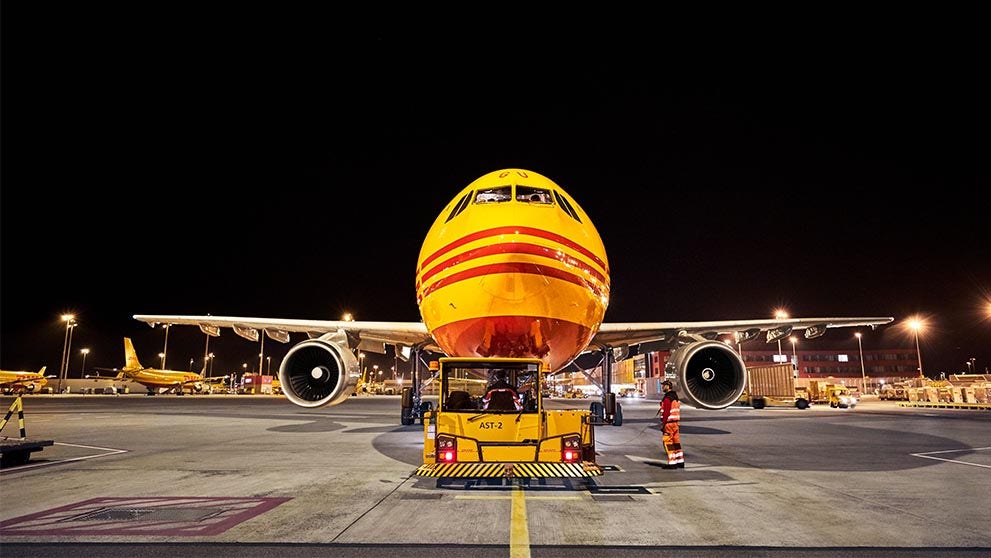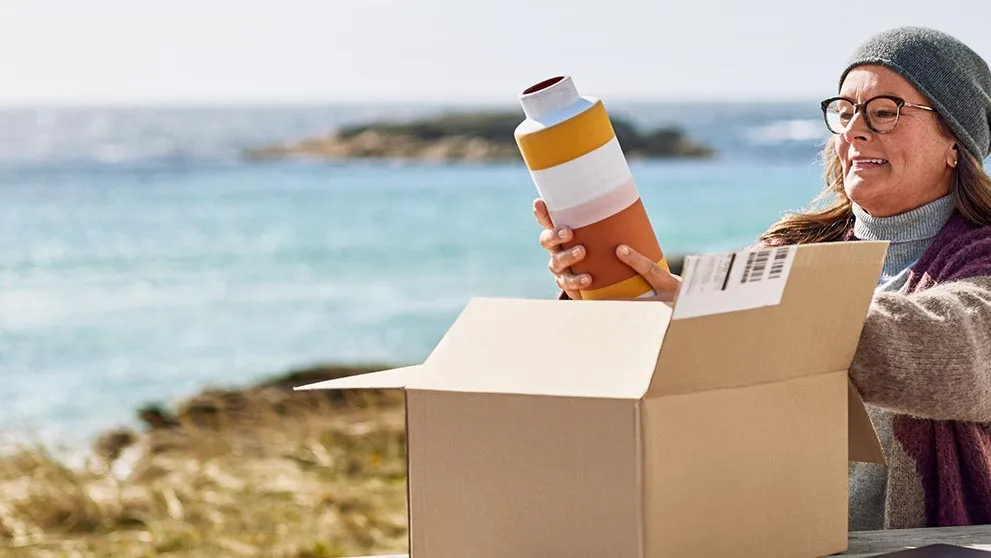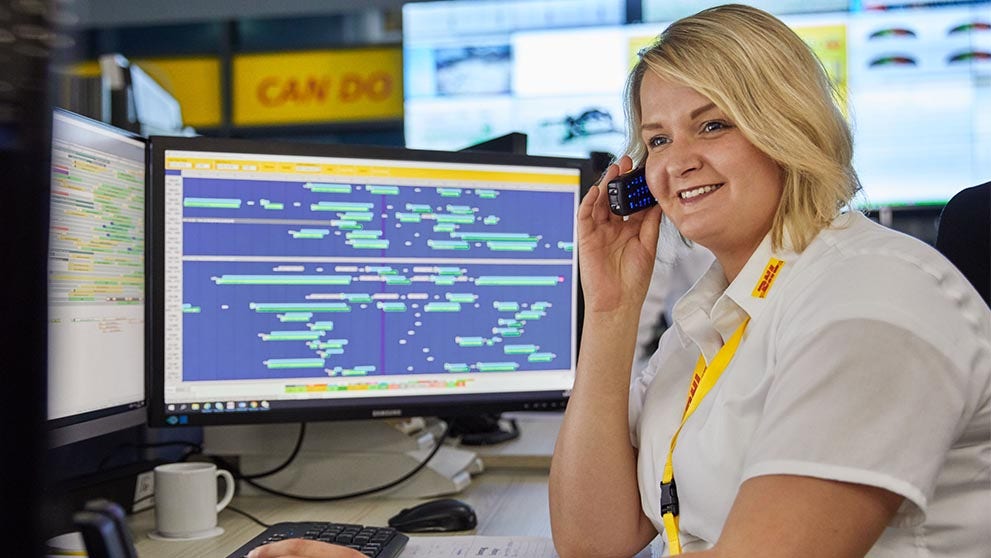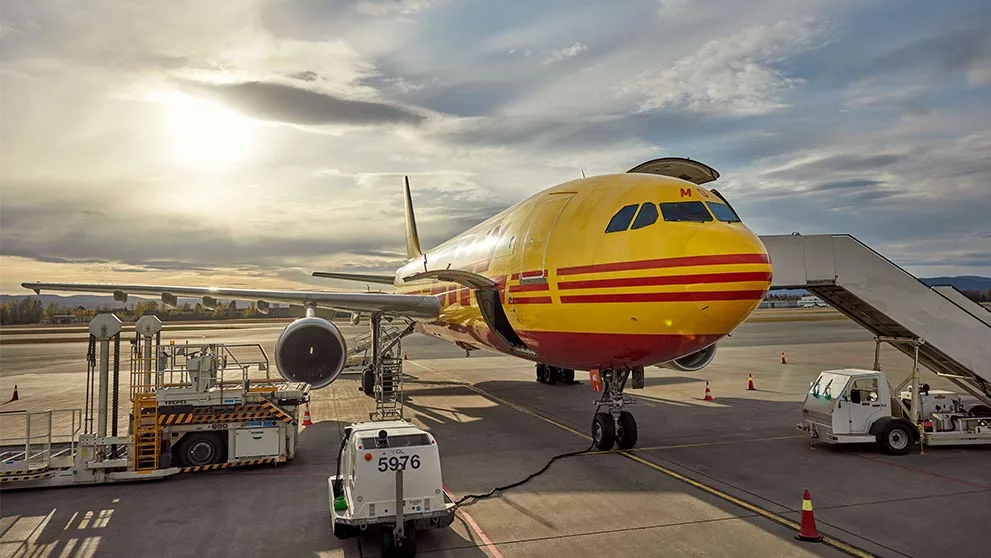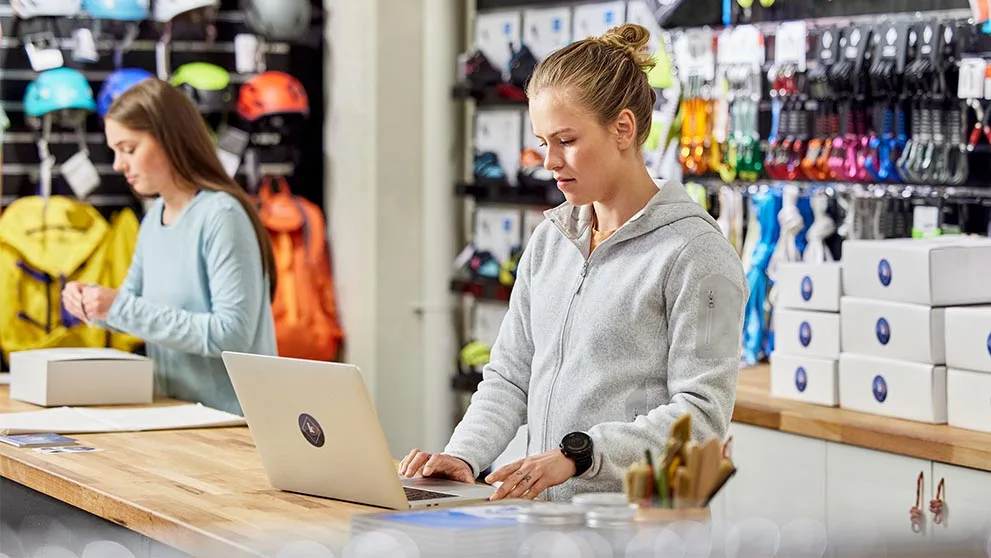
From the bustling industrial areas of Nairobi to the vibrant port of Mombasa, Kenyan businesses are transforming how they move goods across our nation. But here's the thing – successful shipping isn't just about getting products from point A to B. It's about making smart choices that protect your bottom line and keep your customers smiling.
The Stakes Are High
Kenya's logistics sector now exceeds KES 180 billion, driven by the boom in e-commerce and cross-border trade. For business owners, this means one thing: your shipping decisions matter more than ever. Whether you're a manufacturer in Thika or an e-commerce retailer in Eldoret, understanding the difference between Full Truckload (FTL) and Less-than-Truckload (LTL) shipping could be the key to your competitive edge.
Full Truckload (FTL): Your Dedicated Transport Solution
Think of FTL as booking an entire matatu for yourself – the vehicle is yours, whether you fill every seat or not. This premium service gives you:
• Direct delivery with no intermediate stops
• Minimal handling of your cargo
• Faster transit times
• Complete control over your shipment
Perfect for: Large manufacturers shipping from Industrial Area to upcountry destinations, agricultural exporters moving produce from Nanyuki to Nairobi, or technology distributors requiring secure transport for high-value electronics.

Less-than-Truckload (LTL): Smart Sharing for Smart Savings
LTL is more like sharing a matatu ride – your goods travel alongside other shipments, and you only pay for your space. This option offers:
• Cost-effective shipping for smaller volumes
• Flexible scheduling options
• Ideal for regular, smaller shipments
• Shared transport costs
Perfect for: SMEs in Westlands shipping weekly supplies to Nakuru, online stores fulfilling orders across counties, or retailers restocking branch locations.
Making the Right Choice
Consider these factors when deciding between FTL and LTL:
Shipment Size
FTL shines when you're moving enough goods to fill 50% or more of a truck. Below that, LTL typically offers better value.
Time Sensitivity
Need those fresh flowers from Naivasha at JKIA by dawn? FTL's direct routing might be your best bet. For standard deliveries, LTL's scheduled network can offer reliable service at a lower cost.
Product Nature
Sensitive electronics heading to Mombasa? FTL minimizes handling and risk. Standard packaged goods to Kisumu? LTL could work just fine.
Cost Considerations
While FTL has a higher upfront cost, it can be more economical for large shipments when you factor in speed and reduced handling. LTL's shared costs make it budget-friendly for smaller loads.

DHL's Commitment to Kenyan Business
At DHL, we've been part of Kenya's business landscape long enough to understand local challenges and opportunities. Our network connects every corner of Kenya, from Lamu to Kisii, with both FTL and LTL solutions that match your needs.
We offer:
• Real-time tracking across Kenya's major highways
• Temperature-controlled options for sensitive cargo
• Flexible scheduling to match your business rhythm
• Both cross-border and domestic solutions
We help you scale smart. Get started with a business account, today..
The Road Ahead
In today's dynamic Kenyan market, choosing between FTL and LTL isn't just about transport – it's about strategic business growth. Whether you're shipping machinery to Nakuru or fashion items to Eldoret, the right choice can impact your success.
Ready to optimize your shipping strategy? Contact DHL today, and let's keep your business moving forward.

